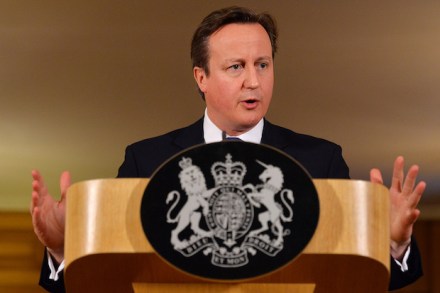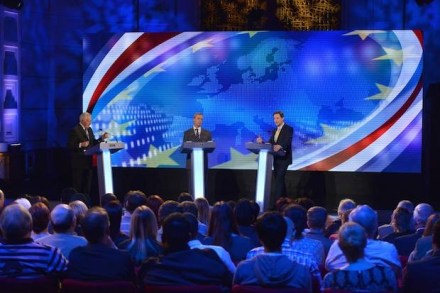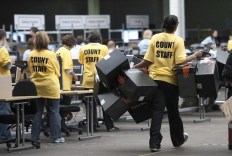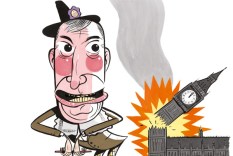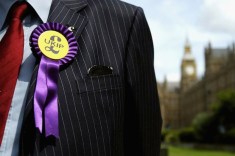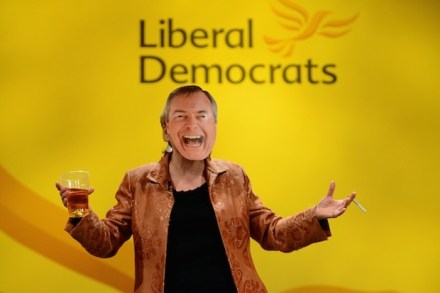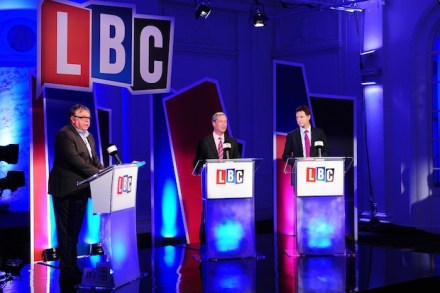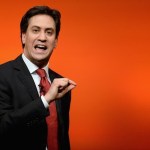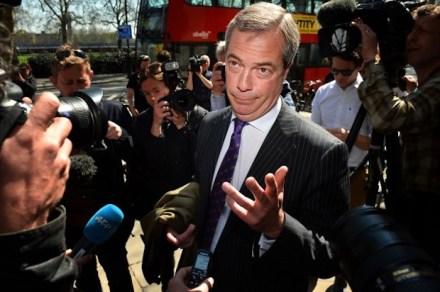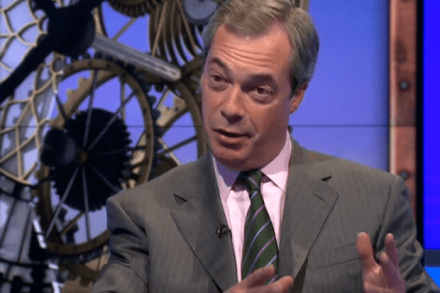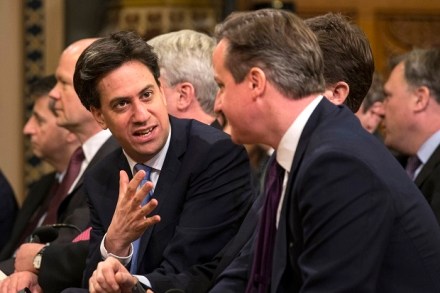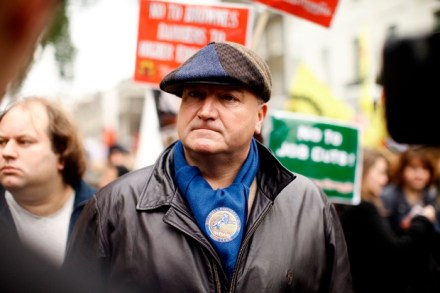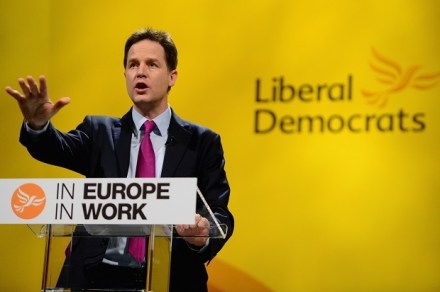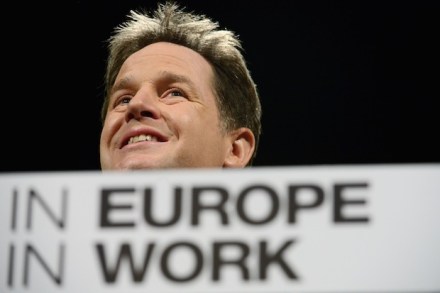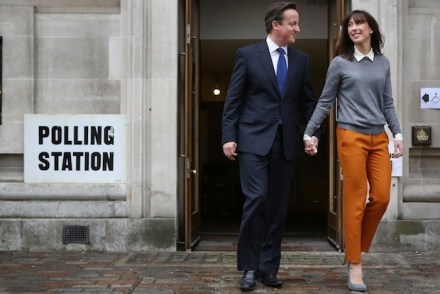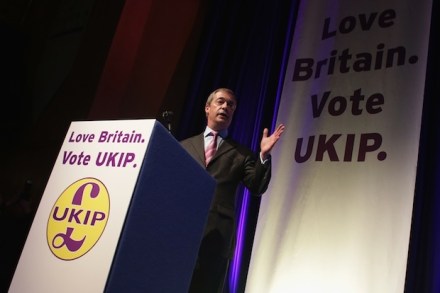Downing Street has forgotten that its business is politics
The Sunday papers resound with the sound of Tory MPs thinking aloud about how to deal with ill-discipline: principally expenses and harassment. On harassment, the Sunday Times reports the 1922 Committee is considering its own regulation plans after deciding that placing the complaints procedure in the hands of whips might lead to scandals being ‘hushed up’ because politics would win out over justice. Committee chairman Graham Brady has said: ‘We have taken independent advice and had preliminary conversations with Acas [the Advisory, Conciliation and Arbitration Service] about how an appropriate grievance procedure might best be structured.’ On expenses, Douglas Carswell and Zac Goldsmith make the case, yet again, for voters
